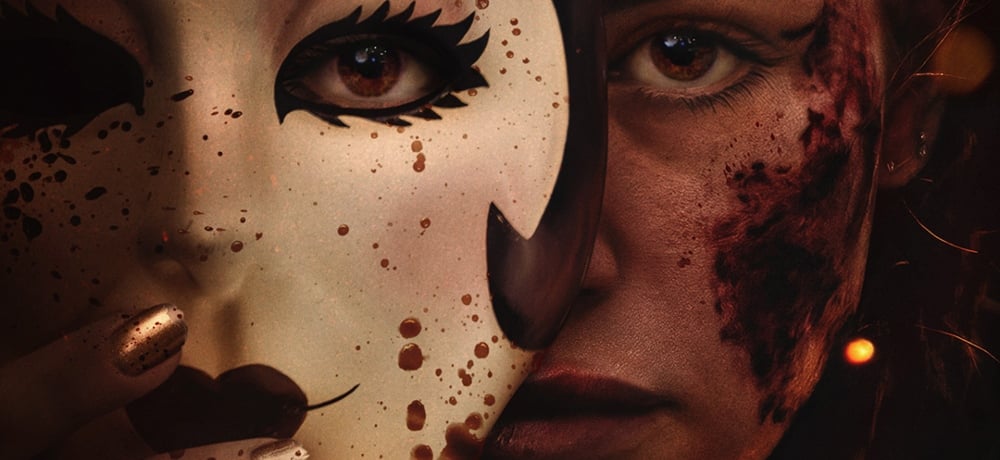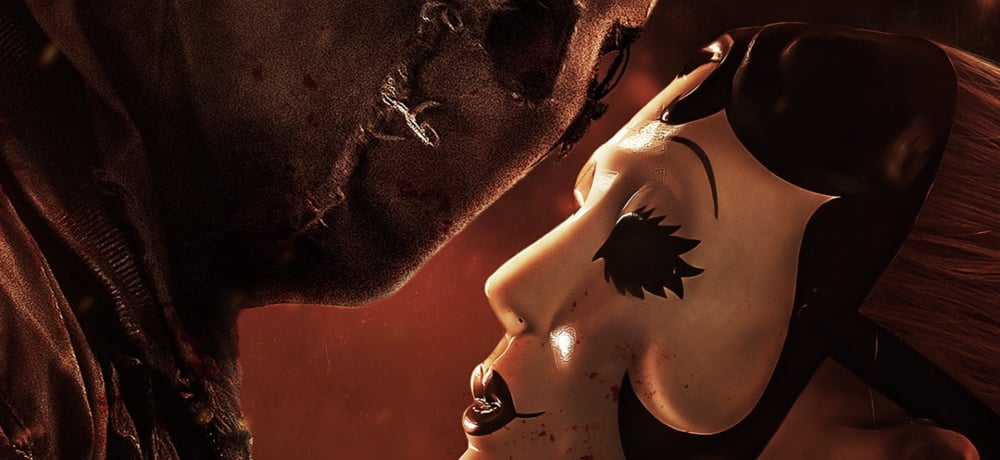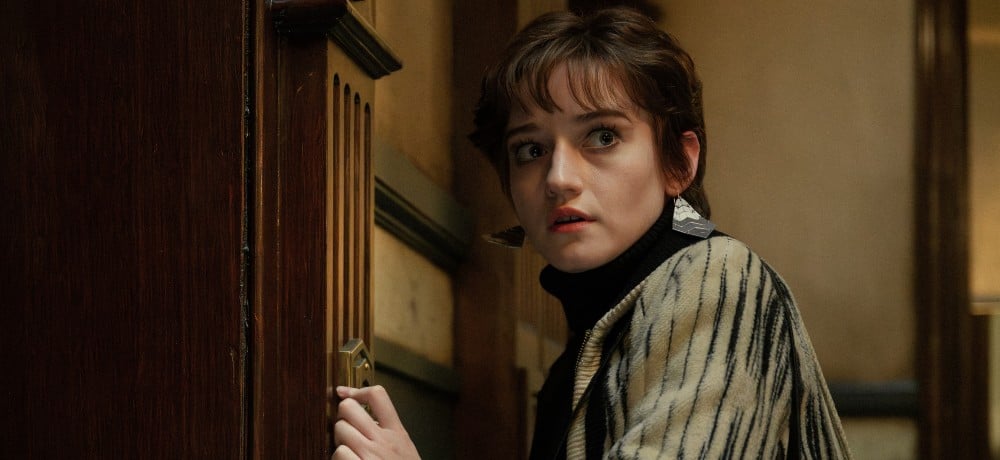






Prequel films are always an interesting challenge. How do you tell a portion of a story that the viewer already knows? How do you give that story tension? How do you make it feel necessary, especially when the story in question is one of horror’s great films? It’s always interesting to be able to play in somebody else’s sandbox, but it does limit the storytellers in what they can and can’t do. It’s daunting, to be sure. Some prequel films rise to the occasion, and others sink. Writers Christian White, Skylar James and Natalie Erika James (who also directed) certainly had a challenge on their hands when they took on a prequel story for Rosemary’s Baby, but they delivered something unique that largely manages to hold its own in its predecessor’s sandbox.
Apartment 7A takes place in the months preceding the events of Rosemary’s Baby, and follows Terry (Julia Garner), a Broadway dancer with stars in her eyes. She left her small town with dreams of making it big onstage and has been inching her way there, ever since. When the film opens, she suffers an ankle injury when she mistimes a jump, losing her a job and a ton of confidence.
She takes some time off to recuperate, but it is difficult. She’s not pulling any money in and is becoming a drain on her roommates. She is also developing a bit of a drug problem as she struggles to cope with the things that have gone wrong in her life in such a short time. She spirals a bit out of control one night and unexpectedly wakes up safe and in the beautiful apartment home of Roman (Kevin McNally) and Minnie Castavette (Dianne Wiest). The couple happened upon her and brought her back to their home in the elegant home at the Bramford apartment building.
If you are familiar with Rosemary’s Baby, Minnie and Roman are exactly what you expect - perfectly charming, a little comical, and generous to a fault. They offer Terry a permanent place to stay while she gets back on her feet, and all of the love and support she might need. But their help doesn’t come without strings, and as Terry soon discovers, there are other motivations at play. The Castavettes use their connections to put her in touch with a high powered producer and soon, she not only has a part in his new production, but she is a key player. After a cozy evening of drinks by a romantic fire, Terry finds herself pregnant. At the worst possible time. Her career is about to take off. Everything that she has been working toward is so close. And obviously (to viewers, anyway), there is something not completely right about this pregnancy.
Like a lot of prequels, Apartment 7A suffers from its share of unnecessary connective tissue. It’s as though the filmmakers can’t go more than 7 or 8 minutes without reminding the audience what they’re watching and how it relates to a horror classic. There are unnecessary details that are clumsily inserted (Terry cuts her hair, we get an unnecessary insertion of Adrian Marcato as a playwright, of all things, we have plenty of character cameos from the first film) and other unnecessary moments. And while those can be frustrating, if we cast them aside, the film largely works, both as a prequel and as a stand-alone horror film.
Where Rosemary Woodhouse had been hoping for a pregnancy after her arrival at the Bramford, Terry is less than thrilled when she receives the news. James does a great job or really using this theme throughout the film. This pregnancy isn’t happy news for Terry. It is threatening to end her career, and her options in 1965 are extremely limited. It makes this period piece feel extremely timely and modern as it connects to so many of the issues our country is facing at this particular moment. A woman’s right to choose and the forced pregnancy notions that come into play throughout this narrative are all too real and ground the film in a very modern place.
James does a great job at centering this story in the same atmosphere that Polanski set up. Rosemary’s Baby is a terrifying film on many levels, but it’s not a funhouse, scare-a-minute experience. It’s subtle and it slowly gets under your skin. James embraces that and carries it forward with her film as well, so it absolutely feels as if these are set in the same universe. The effect is a bit diminished because audiences familiar with Rosemary’s Baby already know where the story is headed, but that doesn’t stop it from being a largely enjoyable experience. It’s interesting to see how James injects new ideas into an established framework, while keeping some of the original story components at play.
And if you’re not yet sold, let me add this - Dianne Wiest playing Minnie is 100% worth the price of admission. She picked up the mantle from the great Ruth Gordon and just ran with it. She has the same energy, the same speech patterns and the same almost over-the-top characterization that Gordon brought to the first film. It’s incredible on every level. The rest of the cast rounds everything out nicely, and Julie Garner really centers the story with the way she brings Terry to life, but there was always a huge smile on my face whenever Wiest was onscreen.
All in all, Apartment 7A is largely successful, both as a prequel and as a stand-alone film. It carries the unfortunate weight of simply being a prequel to a classic film, but it largely does so with grace, and it strives to tell its own story, relevant to today’s audiences, within that framework. If you’re looking for a creepy movie this October, you could certainly do worse, and it probably won’t have the bonus Dianne Wiest performance, so you might as well give this one a go and see what you think.
Movie Score: 4/5